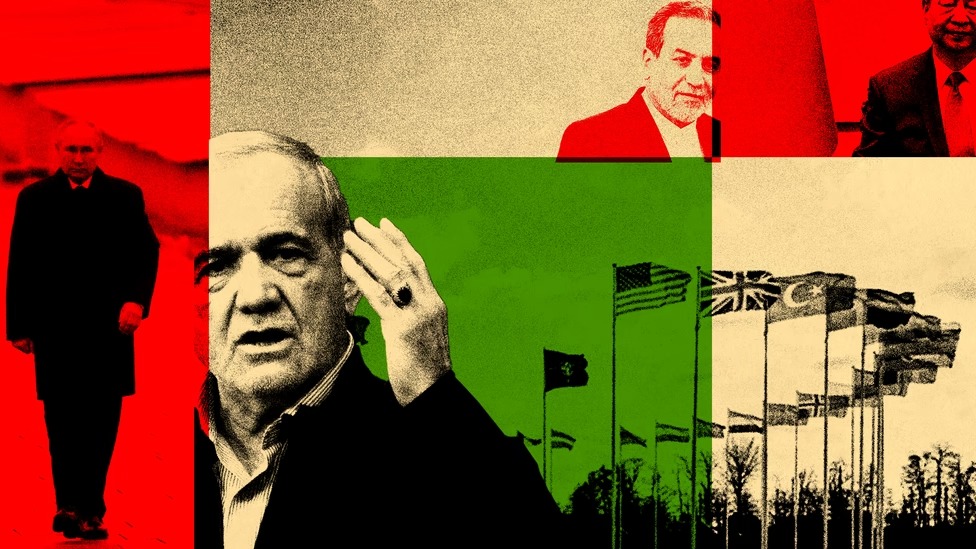
The Atlantic: The “Zangezur corridor”—a dream that will never be realized: Iran could make its ties with Russia a bargaining chip
Critics of Iran’s relationship with Russia seem to have found new courage since the new government took power, The Atlantic writes.
For a very long time, Iranians considered Russia the main threat to their country’s sovereignty. And lately, Russia has given Iranians renewed cause for concern by stepping on basic security priorities that are matters of broad national consensus.
First, in joint statements with the Arab League and the Gulf Cooperation Council, Russia backed the position of the United Arab Emirates on three disputed islands in the Persian Gulf. Iran considers its sovereignty over these islands nonnegotiable. But more consequential was Putin’s trip last month to Azerbaijan, his first in six years.
The gas-rich Turkic state has close ties with Israel and sometimes riles up separatist sentiments among Iranian Azeris, who make up more than 15% of the population. Alarmingly for Iran, Russian Foreign Minister Sergey Lavrov backed Baku’s demands for a transit corridor to connect mainland Azerbaijan with its autonomous exclave, Nakhijevan. This corridor would run along Iran’s sole border with Armenia, effectively blocking it and cutting off an important access point to Europe.
Following Lavrov’s remarks, Iran’s foreign ministry and several Iranian officials vehemently protested. News outlets described the corridor as a “dream that will never be realized.” Iran’s foreign-policy council, an authoritative body appointed by Khamenei, has criticized the project in the past—suggesting that the corridor is the design of “the United States, Britain, and international Zionists.”
“Could these complaints help give the Pezeshkian administration the space to lessen Iran’s reliance on Russia—and perhaps make a deal with the West? Maybe Iran could even make its ties with Russia a bargaining chip, as the United States and its allies are surely keen to weaken them, the website writes.



